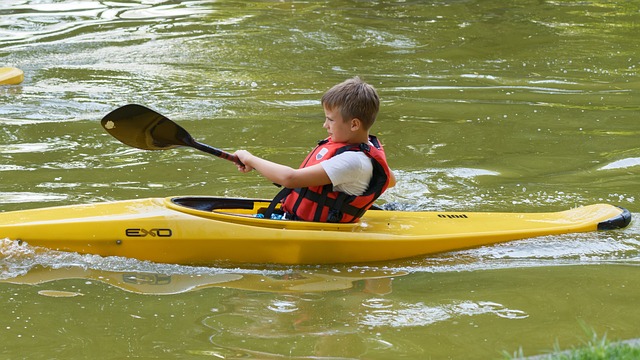In Oregon, grandparent rights are governed by specific laws (ORS 109.065 & 109.125) aiming to balance family dynamics and child's best interests. Grandparents can petition for visitation or custody, demonstrating a significant relationship with the grandchild aligned with the child's well-being. The process involves filing a petition, court assessment of living arrangements, grandparent involvement, and family dynamics, leading to potential legal guidance from an experienced attorney.
In Oregon, grandparent rights are a crucial aspect of family law, offering legal protections for grandparents seeking meaningful relationships with their grandchildren. This article provides an in-depth look at Oregon’s grandparent laws, breaking down the legal framework and navigating processes. Understanding these rights is essential for grandparents aiming to maintain or establish connections while respecting the well-being of the child. Discover practical steps to assert your grandparent rights in Oregon, ensuring a clear path through the legal system.
- Understanding Grandparent Rights in Oregon: An Overview
- Legal Framework: The Laws Governing Grandparents' Access and Custody
- Navigating the System: Steps for Grandparents Seeking Rights in Oregon
Understanding Grandparent Rights in Oregon: An Overview

In Oregon, grandparent rights are recognized and protected by law, offering a measure of security to grandparents who wish to maintain a relationship with their grandchildren. The state’s grandparent laws provide specific guidelines on when and how grandparents can seek legal custody or visitation rights. These laws aim to balance the interests of both the child and their grandparents, ensuring that stable family connections are preserved.
Oregon grandparent laws allow grandparents to petition the court for reasonable visitation or even temporary custody if they can demonstrate a significant relationship with the child and that it would be in the child’s best interest. The process involves filing a petition, which triggers a legal evaluation of the situation. During this time, a judge may consider various factors, including the grandchild’s living arrangements, the grandparent’s role in their life, and any existing relationships within the family. Understanding these laws is crucial for grandparents looking to navigate the Oregon legal system to protect their rights and maintain meaningful involvement in their grandchildren’s lives.
Legal Framework: The Laws Governing Grandparents' Access and Custody

In Oregon, grandparent rights are governed by a specific legal framework designed to balance family relationships and the best interests of the child. The state recognizes that grandparents can play a significant role in a child’s life and provides legal avenues for them to maintain access and, in certain circumstances, obtain custody. Key laws include Oregon Revised Statutes (ORS) 109.065, which outlines grandparent visitation rights, and ORS 109.125, which pertains to grandparent custody petitions.
These laws establish guidelines for courts to follow when deciding on grandparent access and custody. Grandparents seeking visitation or custody must typically demonstrate a substantial relationship with the child and show that it’s in the child’s best interests to maintain or establish a relationship with them. The Oregon legal system emphasizes the importance of stability and continuity in a child’s life, which can be facilitated by strong family connections.
Navigating the System: Steps for Grandparents Seeking Rights in Oregon

Navigating the Oregon legal system for grandparent rights can seem daunting, but understanding the steps involved is crucial. Grandparents seeking legal recognition and access to their grandchildren under Oregon grandparent laws should begin by consulting with an experienced family law attorney. They can provide guidance tailored to each unique situation, ensuring all necessary paperwork is prepared accurately.
The initial step involves filing a petition in the appropriate court, usually the juvenile or family court. This formal request outlines the grandparent’s desire for visitation rights and any specific arrangements proposed. Once filed, the court will notify the child’s parents, initiating the legal process. Regular court appearances may be required to update the judge on the case’s progress and ensure the best interests of the grandchild are considered throughout the proceedings.














